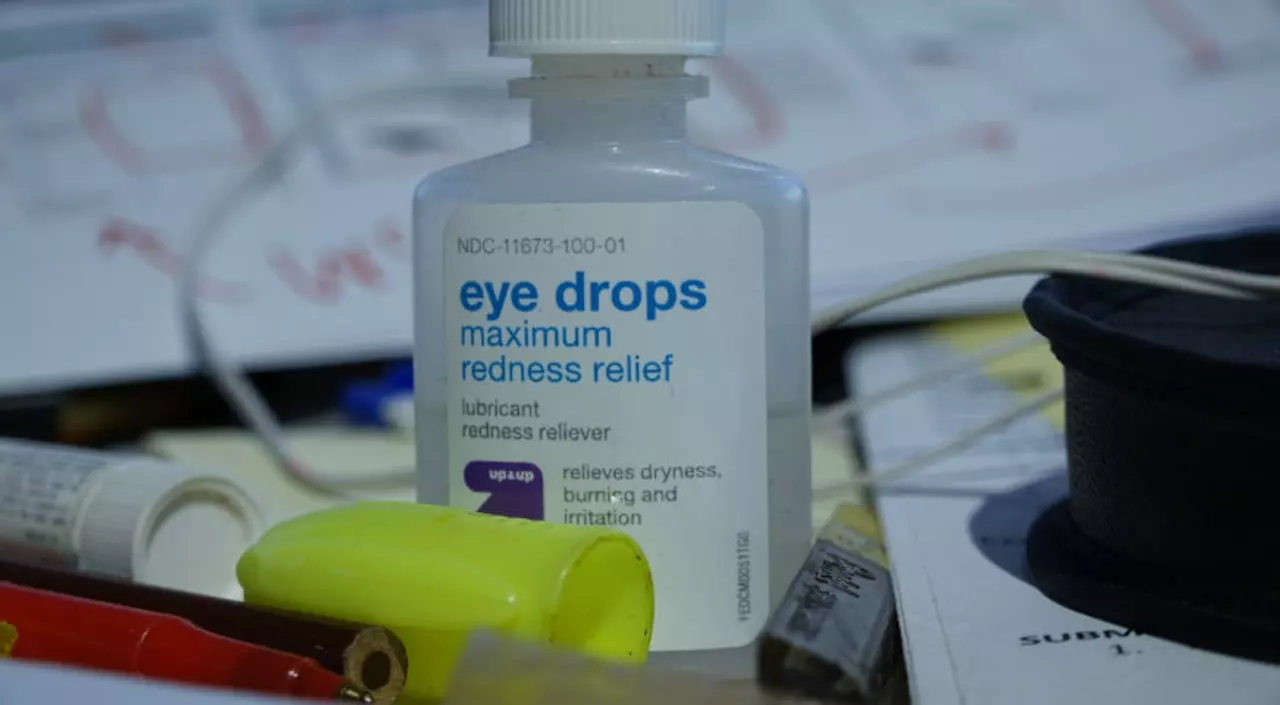Practical Health & Medication Tips
Need straightforward advice about medicines, supplements, or saving on prescriptions? This tag collects useful, real-world tips you can use today — from buying safely online to small daily habits that help your treatment work better. No fluff, just clear steps you can try right now.
Quick safety tips when buying medicine online
Only buy from pharmacies that show clear contact info, licensed credentials, and a real address. If a site hides who runs it or offers prescription meds with no prescription required, walk away.
Check recent customer reviews and independent forum threads. One bad review might be noise; a pattern of late deliveries, wrong meds, or bad packaging is a red flag.
Compare prices but don’t chase the absolute cheapest option. Extremely low prices can mean counterfeit or expired products. Look for secure checkout (https), clear return policies, and tracking numbers for deliveries.
If you’re ordering internationally, confirm customs rules and expected delivery windows. For time-sensitive meds like asthma inhalers or maintenance prescriptions, use a local or subscription service that guarantees refills.
Daily habits that make treatments work better
Take medicines the same way every day. Pair them with a routine task—after brushing your teeth or with breakfast—so you don’t miss doses. For pills like levothyroxine, take them on an empty stomach and wait 30–60 minutes before eating for best absorption.
Know key food and drug interactions. For example, people on warfarin (Coumadin) should watch vitamin K intake from leafy greens and talk to their provider about INR check schedules. Don’t mix alcohol with antidepressants like Lexapro without medical advice—effects and side effects can change.
Finish antibiotics unless your doctor tells you otherwise. Stopping early can let bacteria survive and come back stronger. If side effects are severe, contact your provider before quitting; they may switch drugs or adjust the dose.
Use painkillers wisely. Paracetamol is gentler on the stomach but watch your daily limit. Ibuprofen can help inflammation but can irritate the gut or raise blood pressure. When in doubt, ask a pharmacist which suits your situation.
Keep a simple meds list on your phone: drug name, dose, reason, and prescriber. Share it during every appointment to avoid dangerous interactions. If a new symptom appears after starting a drug, note the date and speak up—early reporting often prevents bigger problems.
Want practical reads? Check the linked posts under this tag for reviews, drug guides, and savings tips—real stories and actionable steps from people dealing with these issues every day.
Traveling with diabetes can be an enjoyable and stress-free experience as long as the necessary precautions are taken. Before embarking on a trip, it is essential to consult with a healthcare professional to ensure that our diabetes is well managed. Packing a well-organized diabetes kit that includes medication, testing supplies, and emergency snacks can help us stay on track with our routine. It's also important to remember to stay hydrated, carry a medical ID, and inform our travel companions about our condition. Lastly, making healthy food choices and incorporating physical activity into our trip can help us maintain our blood sugar levels and enjoy a safe and healthy adventure.
Brimonidine tartrate can cause some common side effects, but don't worry, I've got some tips to manage and prevent them. First, to avoid eye irritation, make sure your hands are clean before applying the eye drops and avoid touching the dropper tip to your eye or any surface. Second, if you experience drowsiness or dizziness, avoid driving or operating heavy machinery until you feel better. Third, if dry mouth occurs, try chewing sugar-free gum or sipping water to improve saliva flow. Lastly, if you notice skin reactions, speak with your doctor about the possibility of using a different medication or adjusting the dosage.

